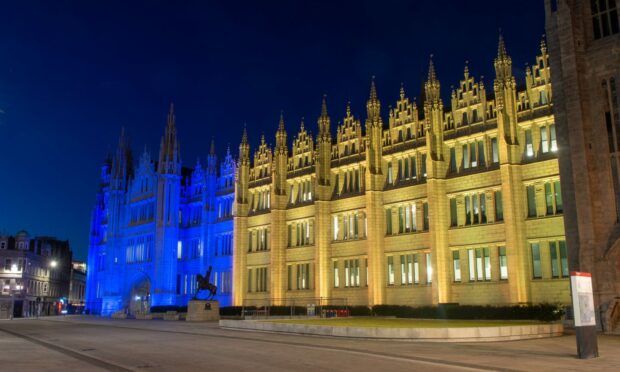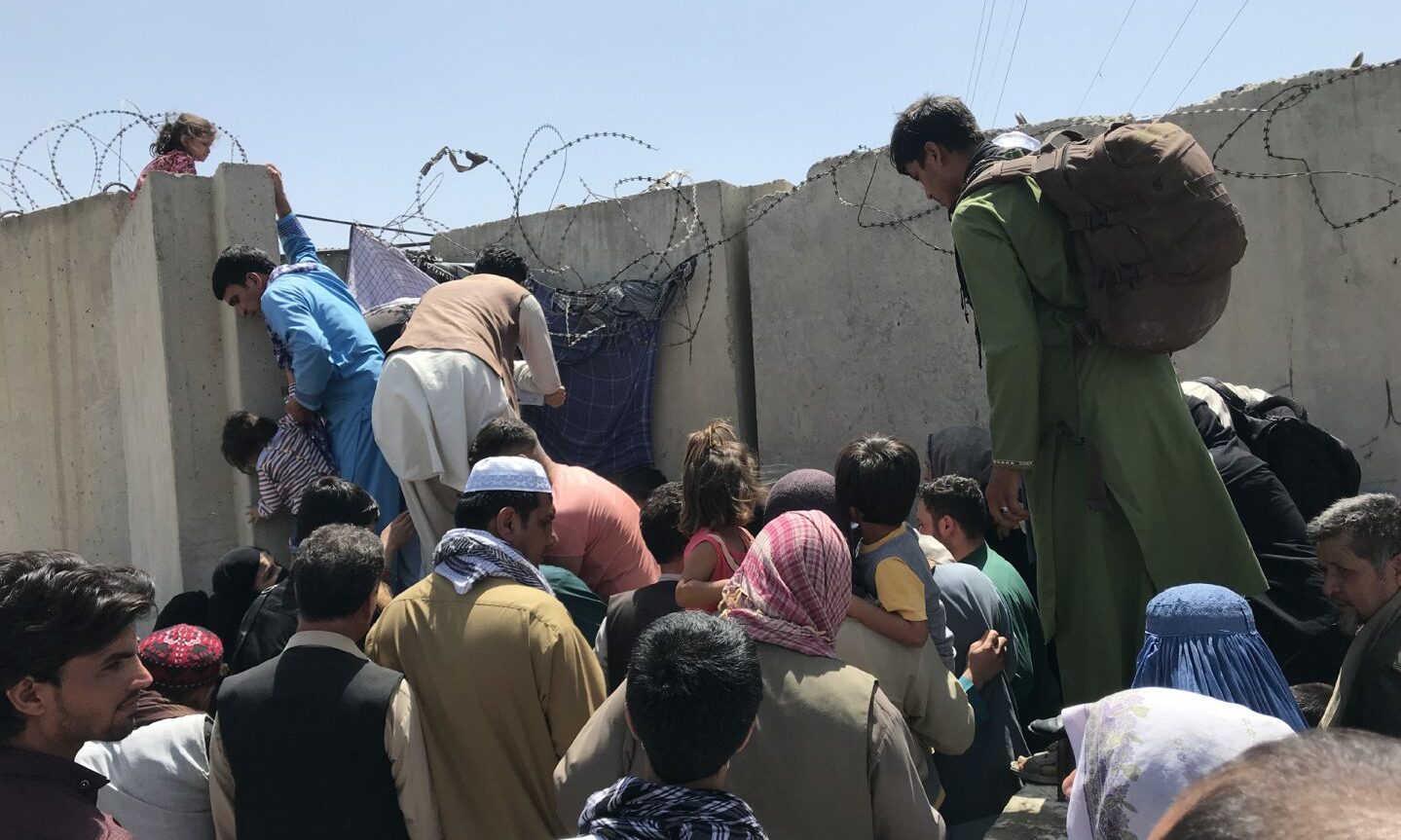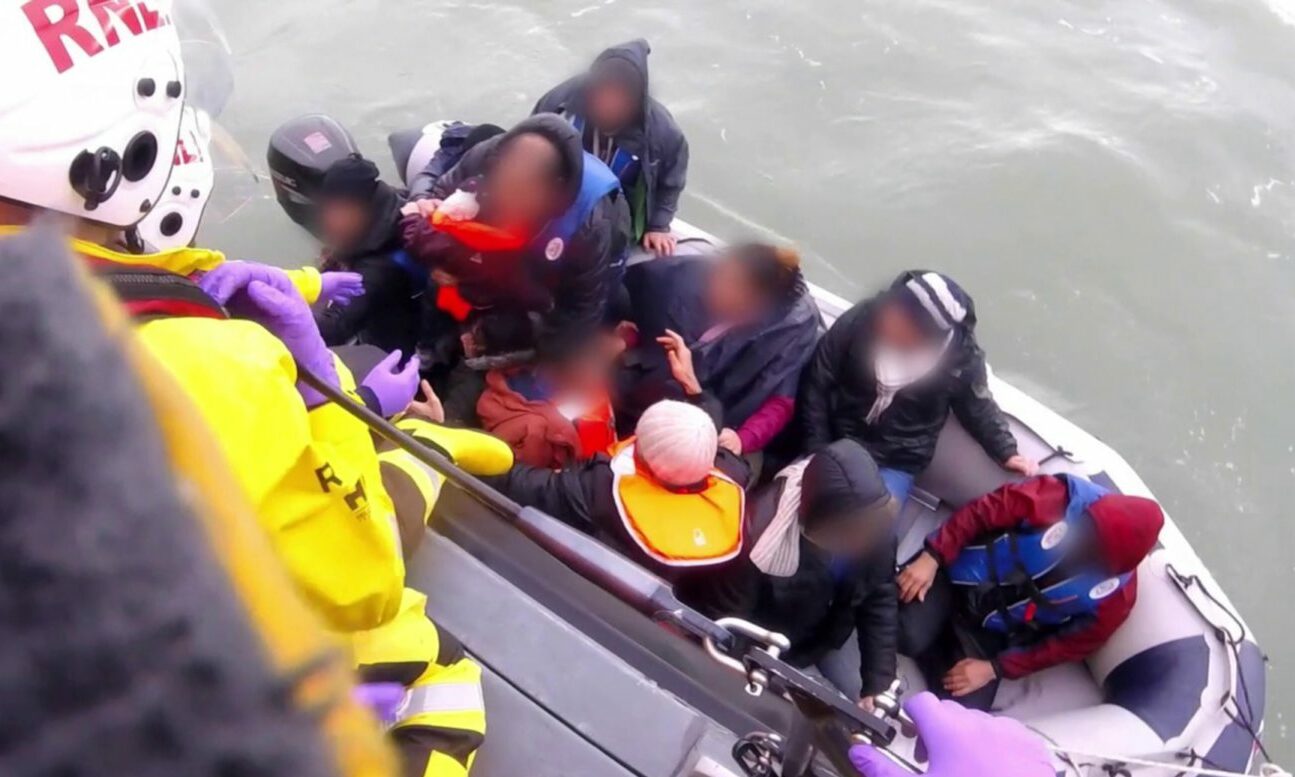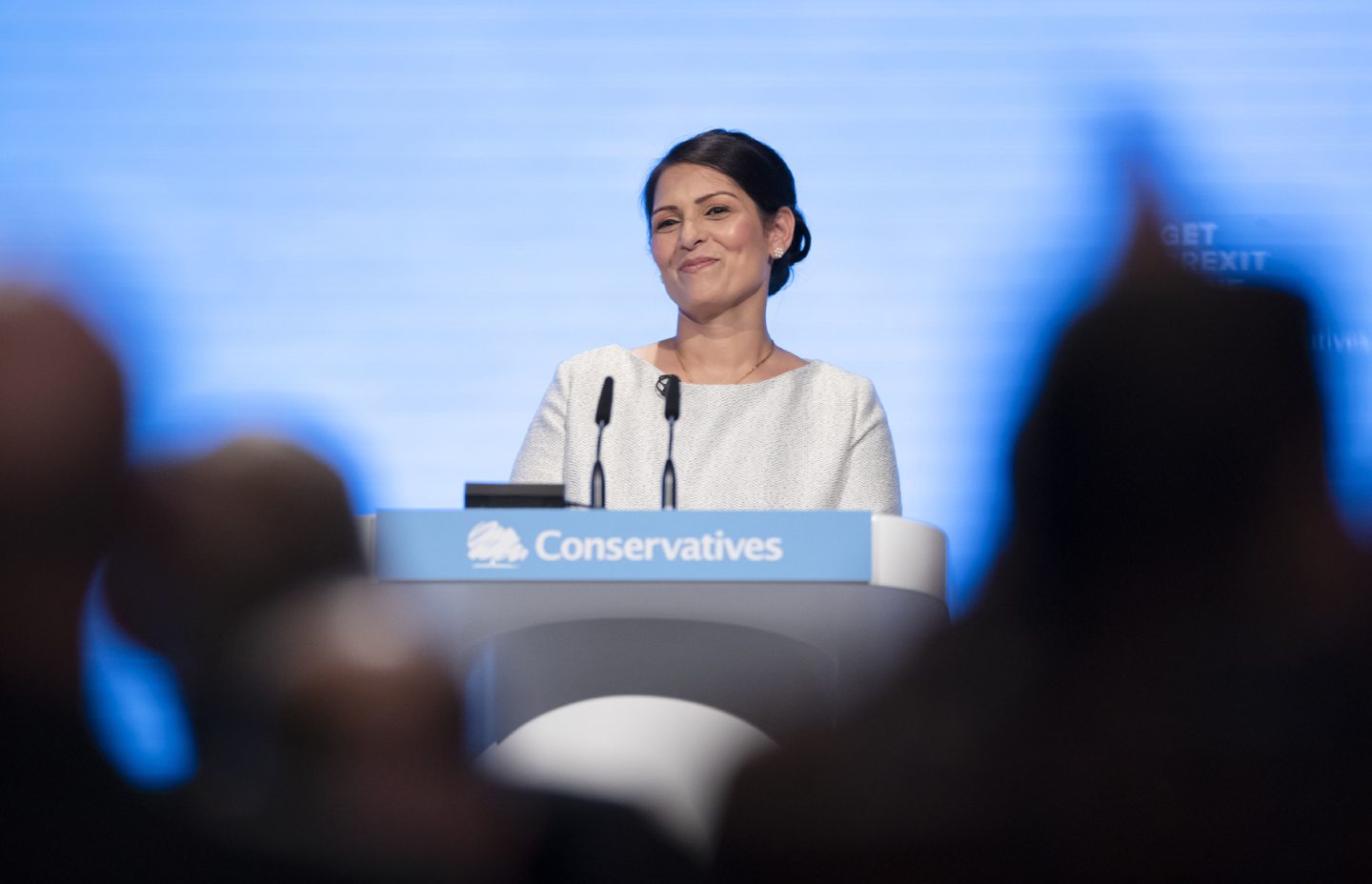A massive humanitarian crisis is unfolding.
It feels as if we’re all collectively tuned into the real-time consequences of warfare and impact on its victims.
When the news broke of Russia’s invasion of Ukraine, I was in utter disbelief. Flabbergasted, really. It still seemed surreal that Putin would do what intelligence agencies had warned us of for quite some time.
Following the invasion, I immediately felt immense pride at witnessing how Europe opened its arms and borders to welcome Ukrainian refugees. The shows of solidarity across Europe have been incredible to see. Yet, quickly following that positive pride, a different feeling started churning away in my gut.
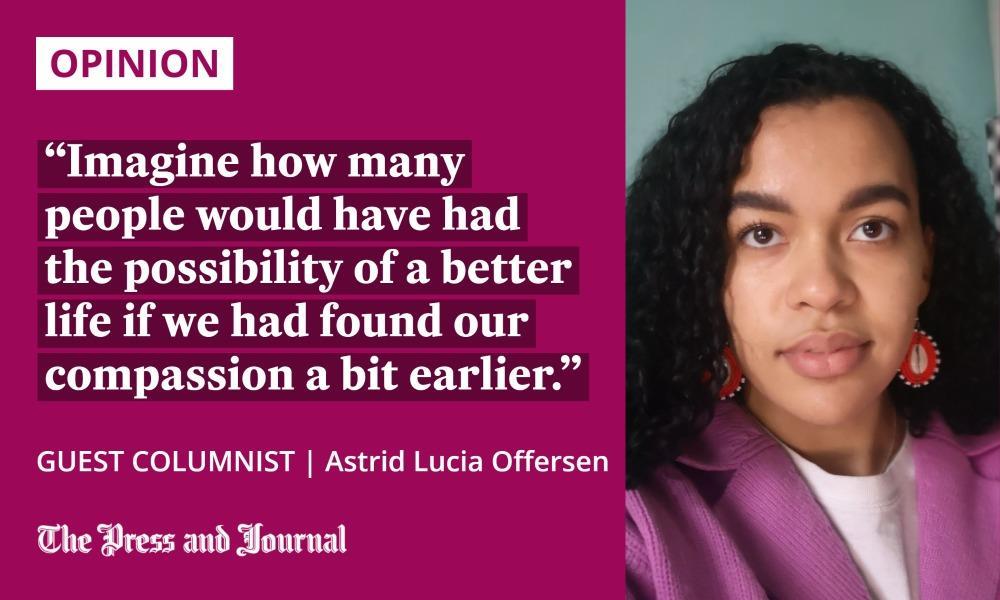
I couldn’t help but think back to being here in Aberdeen in May 2021, while the Israeli state forcibly removed Palestinian families from their homes in Sheik Jarrah. I remember the following bombardment of Gaza last year, and the occupation of the Al-Aqsa Mosque.
I remember people showing up in front of Marischal College with their banners and their keffiyehs at a solidarity protest, condemning Israel’s oppression of Palestinians and their occupation of Palestinian land.
I remember feeling so relentlessly optimistic that, maybe, the tide was finally turning. I was quite naïve.
Imagine the potential to help without prejudice
Then, fast-forward a couple of months, and we collectively bore witness to the disastrous desperation following the Taliban’s takeover of Afghanistan, following the USA’s withdrawal of troops. Footage of people fleeing, literally grabbing onto aeroplanes with their fingertips in their desperation to leave the country, babies tossed from mothers to soldiers in the meagre hope that maybe, just maybe, they would be evacuated in time.
We are seeing similar scenes of desperation unfolding in Ukraine right now. They have been happening in Yemen, Syria, South Sudan, Ethiopia, and so many other places that I am ashamed to admit that I cannot remember them all.
However, the response to Ukraine has been immeasurably different – at least from a Western perspective.
Acquaintances that have never engaged politically with anything are suddenly showing up to donate their clothes, money, and time to support Ukrainian refugees. European governments which have pursued increasingly severe and restrictive immigration policies are now opening their borders to not only welcome Ukrainians, but provide them with dignified housing as well as financial and educational support.
Imagine the potential for community building if we extended these sentiments to all people fleeing.
It’s possible to separate a state from its citizens
At a local level, the principal and vice-chancellor of the University of Aberdeen announced that the university was suspending all bilateral agreements with Russian educational institutions and research partners.
But, during the May 2021 Israeli bombardment of Gaza, the same university did nothing. They did not even send out a message of support for their Palestinian students and staff.
We were told that the Israel-Palestine conflict was simply too complicated to take a stance on
We were told that the Israel-Palestine conflict was simply too complicated to take a stance on. We were told that the Palestinian Boycott, Divestment, Sanctions (BDS) movement was everything under the sun, but primarily anti-Semitic – the argument being that the BDS movement does not just target the Israeli state, but the Israeli-Jewish population, specifically.
Yet, we are now seeing that it is indeed possible to separate the actions of a nation state from its citizens. There is widespread support and follow-through on a BDS movement against Russia: tech companies, local businesses, civil society, and governments standing side by side to effectuate as severe economic consequences on the Russian state and its elite as possible.
How did we sit on our hands after Alan Kurdi?
I am seeing solidarity actions at a scale I have never seen before: from Apple to airspace.
The same university statement condemning Putin’s invasion of Ukraine and showing support for Ukrainian staff and students also contained a message of support for Russian staff and students. There is and should always be space for nuance in conflict.
At times it feels so hard to maintain my compassion when faced with the utter hypocrisy of the West’s current response to Ukrainian refugees.
I was radicalised when I saw the photo of little two-year-old Alan Kurdi, washed up on a beach in Turkey in 2015, having fled from Syria with his family and drowned in the Mediterranean.
That image still strikes me as particularly haunting; how did we not do more? How could you bear witness to an image so utterly unjust and still justify your austere immigration policies and sit on your hands?
I do hope that this current moment can be a turning point for the West. But, imagine how many people would have had the possibility of a better life if we had found our compassion a bit earlier.
Show compassion without exception
I’ve heard the argument that Ukrainian refugees should be helped because their crisis is unfolding “on our doorstep”. What about those others who also make it to our doorstep? Will we let them in or continue shutting the door in their faces?
Refugees shouldn’t have to prove their humanity by looking like you
We need to keep applying pressure on the UK Government and maintain the fierce Scottish opposition to the Nationality and Borders Bill being debated in parliament at the moment. The bill would have disastrous implications for our obligations to protect human rights and adhere to international law.
We also need to cultivate and maintain our current level of compassion for refugees from elsewhere. People seeking safety are worthy of your support and of your empathy, regardless of where they have fled from. They shouldn’t have to prove their humanity by looking like you.
Meanwhile, I will still be nurturing my own compassionate responses towards people fleeing. I will nurture my empathy.
I hope that the level of identification people seem to be feeling towards Ukrainian refugees is extended even further. I hope this crisis signifies a turning point for the West, towards a deeper politics of compassion. I hope this radicalises more of you towards the true plight of refugees.
I hope, I hope, I hope.
Astrid Lucia Offersen is a final year student at the University of Aberdeen, hailing from Denmark and Tanzania
- This article is part of a partnership with Pass the Mic, a project focused on increasing representation of women of colour in Scottish media
